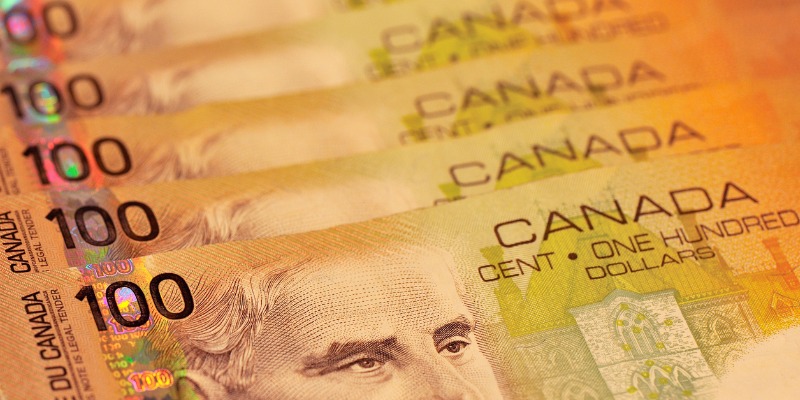Wealth tax wouldn’t work the way Ottawa wants

The Parliamentary Budget Officer (PBO) recently issued a report stating that governments could raise between $44 billion and $61 billion (total over five years) with a onetime wealth tax (starting at 3 per cent) on Canadians worth more than $10 million. This must be tempting to a federal government burdened by a record budget deficit of $354 billion. However, past experience shows that raising large tax revenues from a small base of taxpayers will likely be as futile in practise as it is attractive politically.
In fact, a wealth tax would raise relatively little revenue and depress economic growth by encouraging consumption while penalizing the savings and investments that foster long-term economic growth, especially when layered on top of existing taxes on the capital income that wealth generates, something not factored into the PBO analysis.
Firstly, why the lack of revenue? Because most household assets would remain exempt, the tax rate must be kept low to prevent capital from leaving Canada, and households would adjust their behaviour to minimize their tax bill. This is why most European countries abandoned wealth taxes years ago. In 1990, 12 European countries had a wealth tax. By 2018, that number dropped to four (Spain, Switzerland, Norway and Belgium).
These countries stopped taxing wealth for several reasons including disappointing revenue collections, questionable legal foundations and high administrative costs. France scrapped its wealth tax after concluding it helped force the wealthy to leave. Indeed, French economist Eric Pichet estimated the outflow of wealth cost the government twice the revenue it generated. Germany’s wealth tax was ruled unconstitutional. Austria abolished its wealth tax because of high administrative costs and the burden on small businesses.
Wealth taxes are costly to administer for several reasons. Asking people to evaluate their own worth invites under-reporting. Having outside assessors do the job is expensive and leads to disputes over asset valuation. The very concept of wealth is nebulous and hard to define. Too loose a definition sweeps up widely-held wealth, especially real estate and pension assets; the average person already resents paying property tax, itself a wealth tax. However, exempting housing and pension assets immediately removes roughly two-thirds of wealth from being taxed. Too rigorous a definition allows accountants and lawyers to shift assets between asset classes or countries to avoid paying the tax. Wealth can easily be shifted to circumvent a tax. High taxes to pay for the First World War created Switzerland’s tax evasion industry. It’s increasingly easier to move money across borders as technologies such as crypto-currencies proliferate.
Research in the United States confirm Pichet’s finding that wealth taxes can actually lower government revenues. A paper published by the National Bureau of Economic Research (NBER) found wealthy people readily moved to other states to avoid inheritance taxes. As a result, not only did some states never collect the inheritance tax, they also missed out on taxing the incomes of the rich.
Moreover, instituting a wealth tax means fiscal policy contradicts monetary policy. Wealth has soared as central banks slashed interest rates and adopted quantitative easing, hoping higher asset prices would stimulate spending. A wealth tax would depress the very asset prices monetary policy is inflating. If wealth inequality is deemed worse for society than slower growth, central banks should end policies that inflate asset prices rather than governments penalizing the wealth central banks intentionally fabricated.
The PBO was asked to study a onetime wealth tax, in the hope it would minimize the behavioural response that reduce revenues. Because a onetime tax is unexpected and (supposedly) would not to be repeated, there would be less time for evasive action to reduce the tax bill. The hope also is people will not alter their behaviour to avoid such a tax in the future, although this assumes people believe such a tax would not be repeated even after paying substantially for previously holding this belief.
Queen’s University Professor Robin Boadway criticized a one-off wealth tax because it “amounts to an unannounced confiscation of wealth.” Clearly, the impact of a onetime wealth tax would be lasting. Once implemented, owners of capital assets would never trust a country to not impose such a surprise confiscation again and would shift their capital into tax shelters or out of the country. Former prime minister Jean Chretien once said “There is nothing more nervous than a million dollars—it moves very fast, and it doesn’t speak any language.” Canada’s economy and government finances are better served with policies that generate rather than confiscate income and wealth.
Author:
Subscribe to the Fraser Institute
Get the latest news from the Fraser Institute on the latest research studies, news and events.

